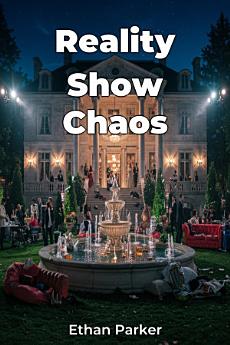Reality Show Chaos
Tungkol sa ebook na ito
The book traces the evolution of reality TV, from early documentaries to today's sensational formats. Each section builds upon the previous one, starting with an introduction to the core concepts of manufactured drama and the illusion of reality. It then examines the manipulation of environments and casting to foster conflict, as well as the role of editing in shaping narratives.
Finally, the book analyzes the broader impact of reality television on social perceptions, addressing debates about ethics and exploitation within the industry. Ultimately, Reality Show Chaos offers a unique perspective by focusing on the underlying mechanisms that drive reality TV's appeal, analyzing the interplay between production techniques, participant behavior, and audience expectations. By understanding how narratives are constructed and emotions are manipulated, readers can become more discerning consumers of media.








